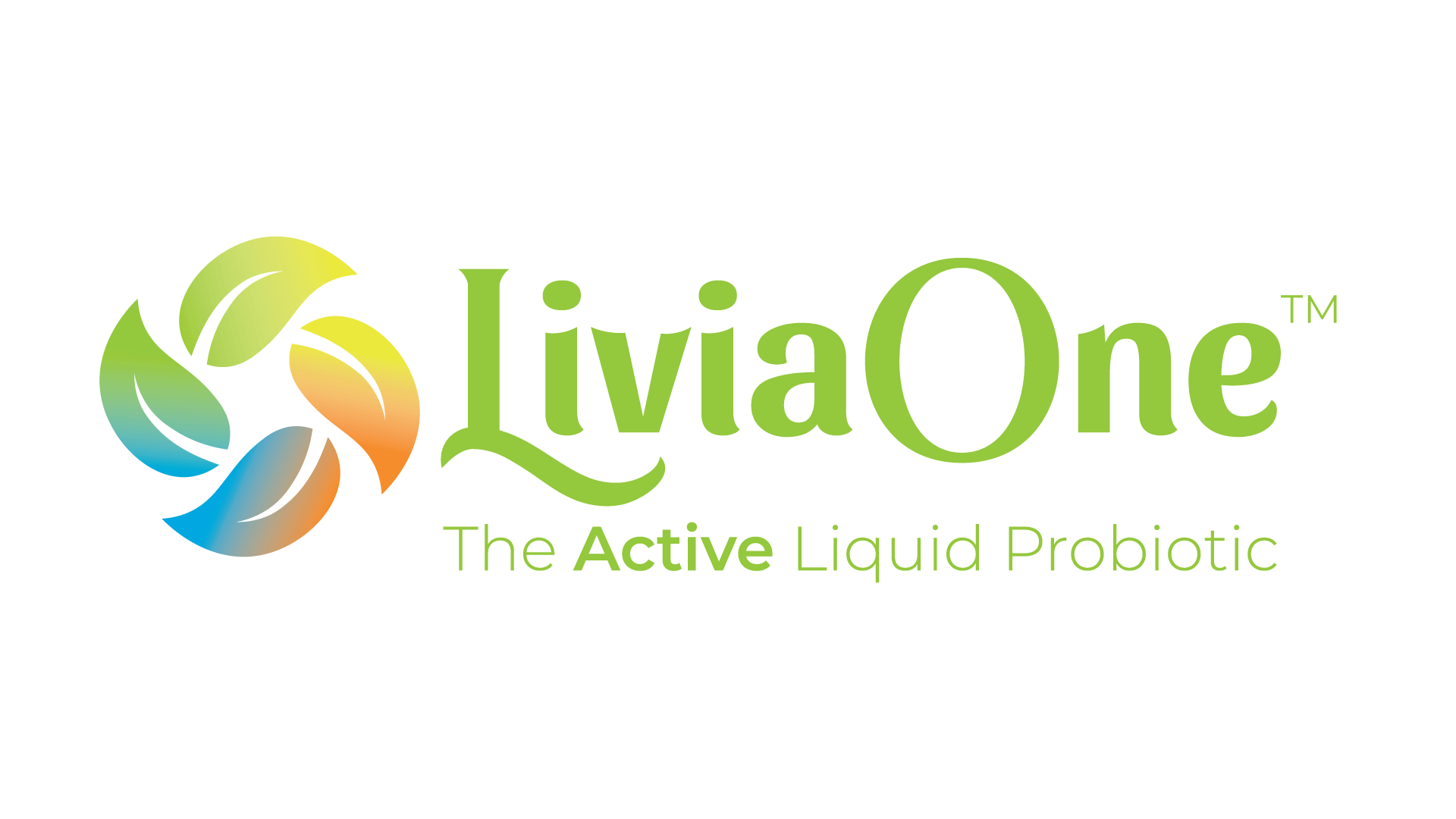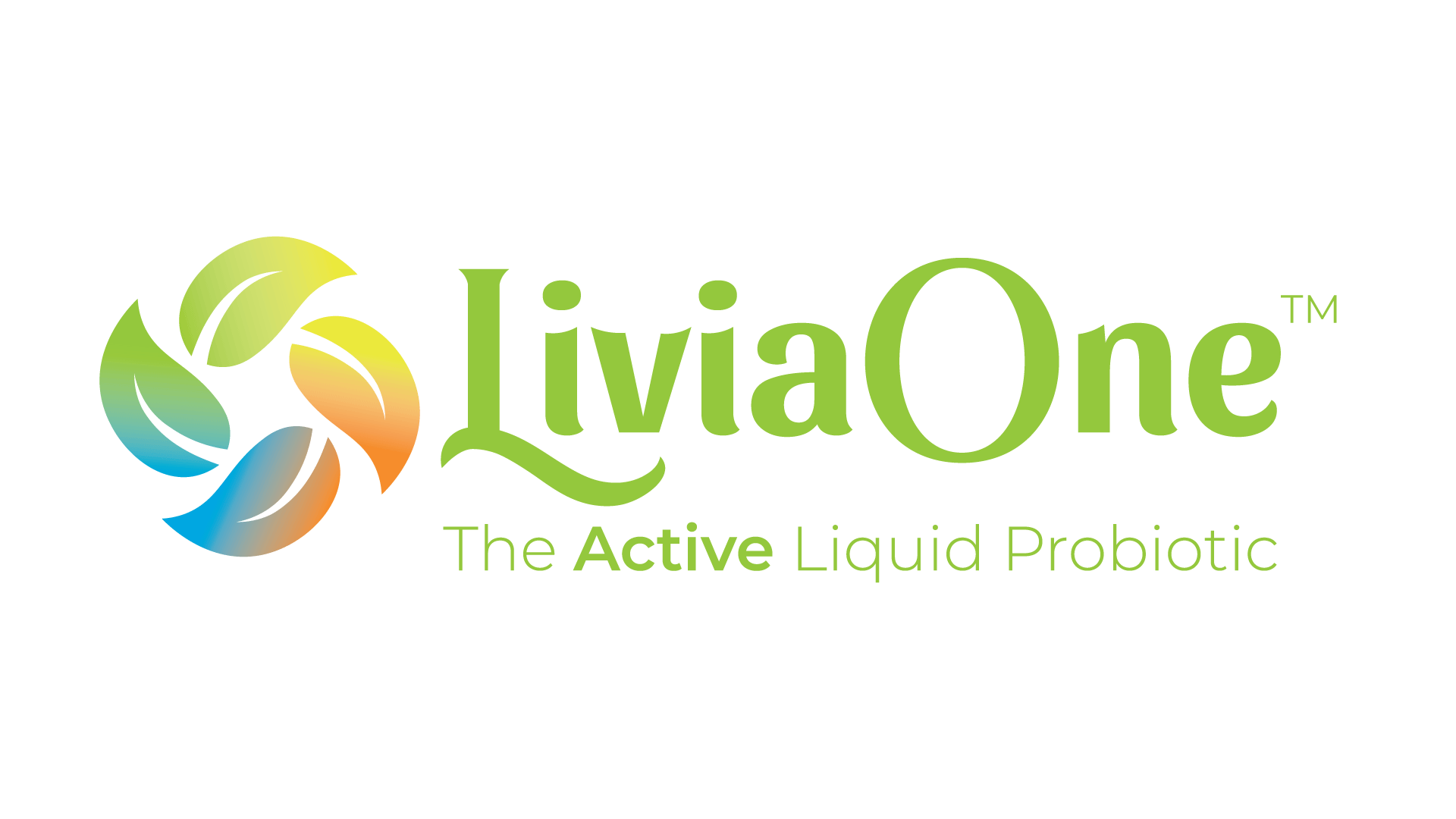Probiotics for Dogs
Pets are a vital part of life and family. There is no better sight after a long day at work than a dog at the door. Dogs protect, comfort, and add joy to life. Studies have shown they improve human health and increase longevity. As humans learn of ways to improve their own health, shouldn't our pets benefit as well?
Fortunately, there are a growing number of products available for our pets, and probiotic supplements are among the best. Probiotic supplements offer a wide range of health benefits for dogs and other pets, just as they do for humans.
Anyone who has had to deal with a dog who is experiencing any kind of irregular digestive problem knows that it is no fun and usually messy. Just as the beneficial bacteria in the human digestive system is often reduced or destroyed by diet and environmental factors, the bacteria that should be present in the canine gastrointestinal tract is diminished in the same ways.
Raw meat, which dogs would often be eating in a natural environment, contains enzymes that are required for food to be metabolized properly. Enzymes are proteins that aid in essential biochemical reactions. They work with probiotics to help absorb nutrients, produce vitamins, and metabolize calcium. Dry and canned pet foods do not usually include these enzymes that are so helpful in digestion because the enzymes are destroyed as the food is processed.
When dogs are outside, they drink from standing water, eat things they may find in the yard, roll around in grass, or splash in nearby ponds or streams. Getting dogs to stop this behavior is neither practical nor even healthy, as they need to be outside and certainly benefit from the exercise these activities generate. In doing these things, however, they are exposed to a variety of toxins. Chemicals are used to treat lawns and often end up in ground water and streams and rivers. Exposure to these chemicals often kills beneficial bacteria in the body.
Another factor that causes fluctuations in a dog's natural amount of good bacteria is stress. Stress, in fact, is a big problem for pets, often a result of changes or traumatic events. A visit to the vet, being left alone for long periods, thunderstorms, pregnancy, changes in diet, a new family member, or moving to a new location can all cause a dog a high amount of stress. This stress results in changes to the digestive tract, killing beneficial bacteria and causing the animal further digestive problems.
Using antibiotics for pets, though sometimes necessary, kills beneficial bacteria, just as it does in humans. A further problem for dogs and cats occurs when they are ill. The digestive system shuts down so that nutrients can be sent to the immune system. They do not hold very much energy stored in their muscles, often only enough for about 24 hours. When this stored energy is used, the body must burn the energy stored in fat. If this energy allotment is depleted before the dog has recovered from illness, they can die.
For every one of the problems listed above, probiotics can help. These bacteria aid the immune system and help fight infection and disease. They also prevent diarrhea. Though that is always a good thing, it can be essential when a pet is fighting an illness, preventing further loss of nutrients. The probiotics will also metabolize food that remains in the animal's system when he or she is ill, making additional nutrients available and giving the pet longer to recuperate.
There are a variety of canine probiotic supplements available. It is a good idea to use the same criteria for choosing a pet supplement as for a human supplement. The product should come from a reputable company and have dosage and manufacturing processes readily available. It should always list exactly how much and which probiotics and other ingredients are included in the supplement. Common bacterial colonies include Lactobacillus acidophilus, Entercoccus faecium, Lactobacillus plantarum, Bacillus coagulans, and other bacteria that are common in human supplements. These pet supplements will often include a helpful combination of enzymes along with the probiotics, so that animals get the most benefit from the supplement. An ideal supplement should contain at least three bacterial strains and enzymes that include protease, lipase, amylase, and peptidase.
Dogs who are generally healthy should receive a probiotic and enzyme supplement once a day, depending upon weight of the dog and according to specific label directions. Dogs who are taking antibiotics should get an accelerated dosage of probiotics during the duration of the antibiotic treatment, as well as for a week or two afterwards. Pets who are ill or undergoing prolonged stress should receive a concentrated probiotic/enzyme formula that contains three or more times the amount of a regular dosage.
More and more veterinarians are using probiotics to treat dogs and other pets. From regular digestive problems to chronic kidney disease, illnesses in pets can be eliminated or eased with the proper probiotic supplements. Pet owners should talk to their veterinarians to find out more information about the products that would be most helpful to their dogs.
REFERENCES:
Huffnagle, Ph.D., Gary and Wernick, Sarah. The Probiotics Revolution. New York, NY: Bantam Dell. (2007).
Natural Dog Health Remedies. (2009). Probiotics for Dogs.
Taylor, John R. and Mitchell, Deborah. The Wonder of Probiotics. New York, NY: St. Martin's Press, 2007.
Trenev, Natasha. Probiotics: Nature's Internal Healers. Garden City Park, New York: Avery Publishing Group, 1998.
The Whole Dog. (2009). Probiotics, What Are They? Do Our Dogs Need Them?
For more information:
 A complete description of probiotics, along with groundbreaking recent clinical research illustrating the many ways probiotics can prevent disease, can be found in Probiotics - Protection Against Infection: Using Nature's Tiny Warriors To Stem Infection. This new compendium from one of contributing authors of the content on this page, Dr. Casey Adams, PhD., takes the confusion out of selecting and supplementing with probiotics. Referencing over 500 scientific studies and reports, and with detailed instructions on how to make your own probiotic foods, this book is a must for anyone seeking to understand the power of probiotics, and improve their immunity and vitality. Click here for ordering information.
A complete description of probiotics, along with groundbreaking recent clinical research illustrating the many ways probiotics can prevent disease, can be found in Probiotics - Protection Against Infection: Using Nature's Tiny Warriors To Stem Infection. This new compendium from one of contributing authors of the content on this page, Dr. Casey Adams, PhD., takes the confusion out of selecting and supplementing with probiotics. Referencing over 500 scientific studies and reports, and with detailed instructions on how to make your own probiotic foods, this book is a must for anyone seeking to understand the power of probiotics, and improve their immunity and vitality. Click here for ordering information.
Please read this Disclaimer:
The contents of this site, such as text, graphics, images, information obtained from www.Probiotic.org licensors and other material ("Content") contained on this site is for informational purposes only. The Content is not intended to be a substitute for professional medical advice, diagnosis or treatment. Always seek the advice of your physician or other qualified health provider with any questions you may have regarding a medical condition. Never disregard professional medical advice or delay in seeking it because of something you have read on this site!

